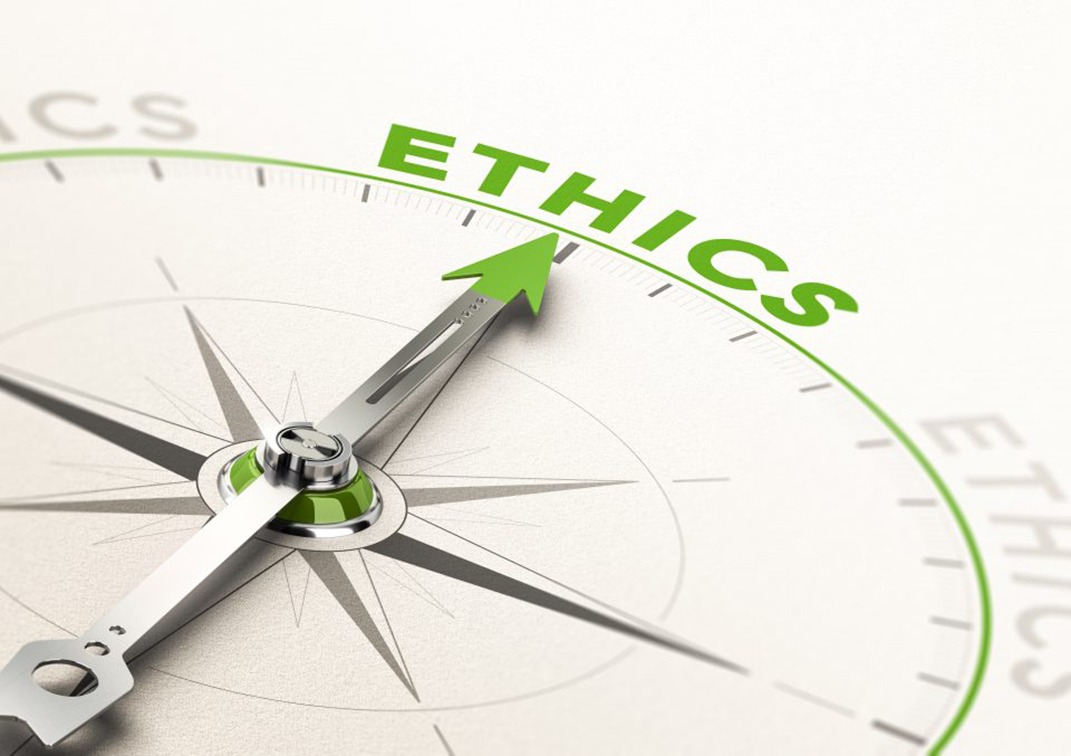A large part of my practice involves giving ethics advice to lawyers. Sometimes the advice is about their own conduct, and other times, the question concerns opposing counsel’s conduct. Still other advice encompasses a mixture of law practice management strategies, ethics advice, and best practices, such as proper trust accounting procedures, law firm bonuses, or employment agreements.
A lawyer is permitted to consult another professional to secure legal advice about the lawyer’s compliance with the Rules of Professional Conduct even if that means he or she must reveal client confidential information. The same is true when the lawyer is seeking advice about their obligations when another lawyer has committed a violation of the Rules. Any lawyer who consults with me regarding his ethical obligations, even if that advice may delve into related practice management issues, is protected by Rule 1.6, the confidentiality rule. That means that a lawyer is permitted to reveal client confidential information to me to secure ethics advice pursuant to Rule 1.6(b)(5), and I am obligated to keep that information confidential pursuant to Rule 1.6(a). Similarly, a lawyer may reveal client confidential information to claims counsel for their malpractice carrier as necessary to assist with a liability claim under Rule 1.6(b)(6) or to obtain advice in hopes of avoiding a potential malpractice claim under Rule 1.6(b)(5).
Recently, an attorney asked me whether he could pass along my fees for ethics advice about his own professional obligations to his client. Ordinarily, the answer is no. Just like a lawyer may not charge a client for fees or expenses associated with a motion to withdraw or to participate in the State Bar’s fee dispute program, these expenses are part of a lawyer’s professional obligation to comply with the rules. See 2007 FEO 8. So, if a lawyer is asking about his own professional conduct, such as “Do I have a conflict of interest,” “Is this fee agreement compliant with the ethics rules,” or “Can I speak to this constituent of a represented organization,” any costs associated with obtaining that information cannot be passed along to the client. If, however, the ethics advice sought will be used to advance the objectives of the client or protect the client’s interests, such as a motion to disqualify opposing counsel based upon a conflict, then any cost of those services may be passed along to the lawyer’s client, with client notice and consent. Sometimes, a lawyer may include in a fee agreement that they will pass along costs of experts or consultants to their clients. Such language is permissible but would not absolve a lawyer of the duty to communicate with the client about the specific need for the expert’s or consultant’s services. If the client consents to the cost of an expert’s advice or preparation of an affidavit regarding a conflict of interest of opposing counsel, for example, there is no issue in passing along those costs to the client.
Keep in mind that if you are asking advice about your own professional conduct on a prospective basis, you can always contact the ethics “hotline” at the State Bar—ethicsadvice@ncbar.gov. The advice is free and confidential. Importantly, the ethics staff will not respond to questions about your own past conduct or any conduct of another attorney. For these kinds of questions in particular, you may want private ethics counsel. We’re always here to help if you need ethics advice.

